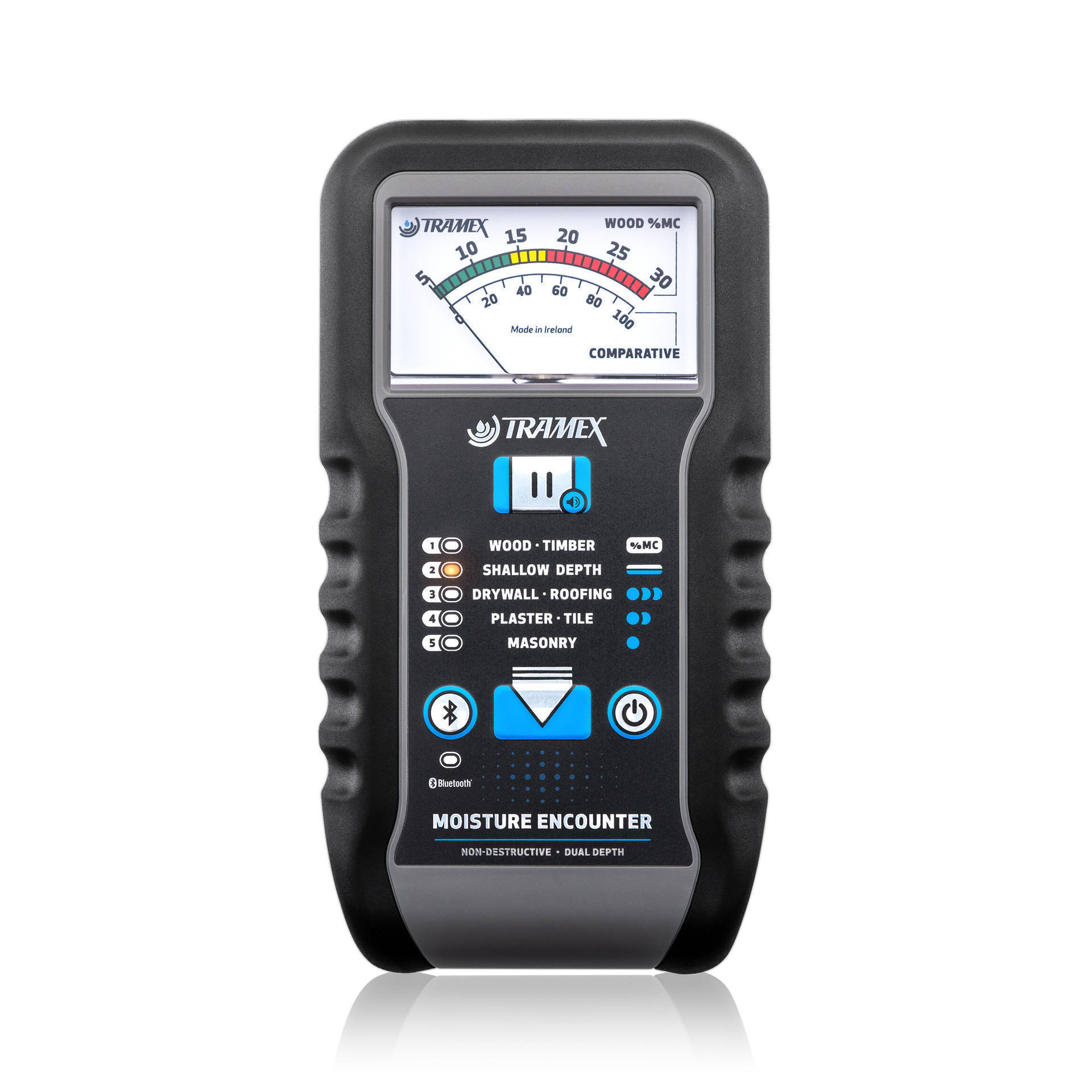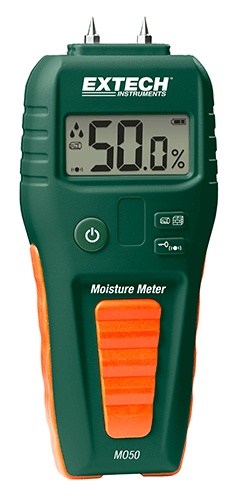Top 10 Advantages of Using a Moisture Meter for Definite Measurements in your house
Top 10 Advantages of Using a Moisture Meter for Definite Measurements in your house
Blog Article
The Ultimate Guide to Dampness Meters: A Comprehensive Introduction and Exactly How They Can Save You Money
Moisture meters serve as crucial tools in spotting and monitoring moisture material in materials, assisting in avoiding costly damages and making certain the quality of items. Comprehending the subtleties of various kinds of dampness meters, their applications, and the possible cost-saving benefits they use can be a game-changer for experts and organizations alike.
Kinds Of Moisture Meters
Numerous types of wetness meters are available for various applications in numerous sectors. One usual type is the pin-type wetness meter, which determines the electrical resistance between two pins put into a product. This type is appropriate for timber, drywall, and various other structure products. Pinless dampness meters, on the other hand, use electro-magnetic sensor plates to scan a bigger area without causing damages to the product's surface area. Moisture Meter. These meters are optimal for promptly evaluating wetness levels in huge areas such as floorings and walls.

Infrared wetness meters measure the thermal buildings of a product to identify its dampness web content non-invasively, making them helpful for applications where pin or pinless meters may not be appropriate. Recognizing the various kinds of dampness meters available can help markets choose the most ideal device for their details moisture measurement requirements.

Advantages of Utilizing Wetness Meters
Wetness meters offer important advantages in properly evaluating and keeping track of wetness degrees in diverse products and settings (Moisture Meter). One of the key advantages of using moisture meters is the prevention of possible damages brought on by excess moisture. By spotting and attending to high wetness levels early on, moisture meters help to avoid mold development, rot, and structural damages in structures, conserving both money and time on fixings. In addition, dampness meters aid in ensuring the top quality of materials during construction or manufacturing procedures. By accurately gauging moisture web content, these tools aid preserve the integrity of wood, drywall, concrete, and other materials, reducing the danger of failings or flaws.
Furthermore, using dampness meters can bring about enhanced energy effectiveness. By determining areas with high moisture levels, such as leaks or poor insulation, changes can be made to boost power preservation and reduce energy costs. In farming settings, dampness meters play a crucial role in maximizing plant returns by making it possible for farmers to keep track of dirt dampness degrees and make educated watering decisions. Generally, the benefits of utilizing dampness meters extend throughout different markets, offering cost-effective options and promoting far better quality assurance methods.
Exactly How to Select the Right Dampness Meter
When choosing a wetness meter, it's important to make sure that the meter is ideal for the specific material you will certainly be screening. Different products have differing electrical residential properties that can impact wetness readings, so choosing a meter designed for your product is important for accurate results. By meticulously reviewing these factors, you can select a dampness meter that meets your requirements and provides precise dampness measurements for your projects.
Proper Methods for Wetness Meter Usage

Price Cost Savings Via Dampness Meter Applications
Just how can the strategic application of moisture meters lead to considerable price savings throughout various markets? In the farming industry, wetness meters help in determining the optimal time for collecting crops, preventing excess or over-drying moisture that can impact the final product's high quality.
Similarly, in construction, dampness meters aid stop expensive damages by spotting dampness levels in building materials, such as wood or concrete, he has a good point which can bring about structural issues if not addressed immediately. By identifying trouble areas beforehand, specialists can take restorative procedures to prevent substantial repair services or replacements, ultimately conserving money and time.
Moreover, in the food processing market, wetness meters are necessary for keeping an eye on item quality and ensuring compliance with security guidelines. By accurately measuring dampness material in foodstuff, suppliers can prevent wasting, maintain freshness, and minimize waste, causing significant expense savings. On the whole, the critical application of wetness meters is a useful financial investment that can bring about substantial expense decreases and enhanced efficiency throughout numerous industries.
Conclusion
In verdict, wetness meters are beneficial devices for detecting and gauging moisture degrees in various products. By making use of the right wetness meter and adhering to correct strategies, individuals can successfully stop pricey problems created by excess wetness.
Dampness meters serve as indispensable tools in discovering and checking moisture material in materials, aiding in avoiding costly damages and making sure the quality of products. Infrared moisture meters measure the thermal residential properties of a product to determine its dampness web content non-invasively, making them valuable for applications where pin or pinless meters may not be ideal.Moisture meters offer important benefits in precisely analyzing and keeping track of dampness levels in varied materials and atmospheres. In agricultural setups, moisture meters play a vital duty in optimizing crop returns by allowing farmers to monitor dirt dampness levels and make educated watering decisions.In final thought, moisture meters are valuable go tools for gauging and identifying dampness degrees in numerous products.
Report this page